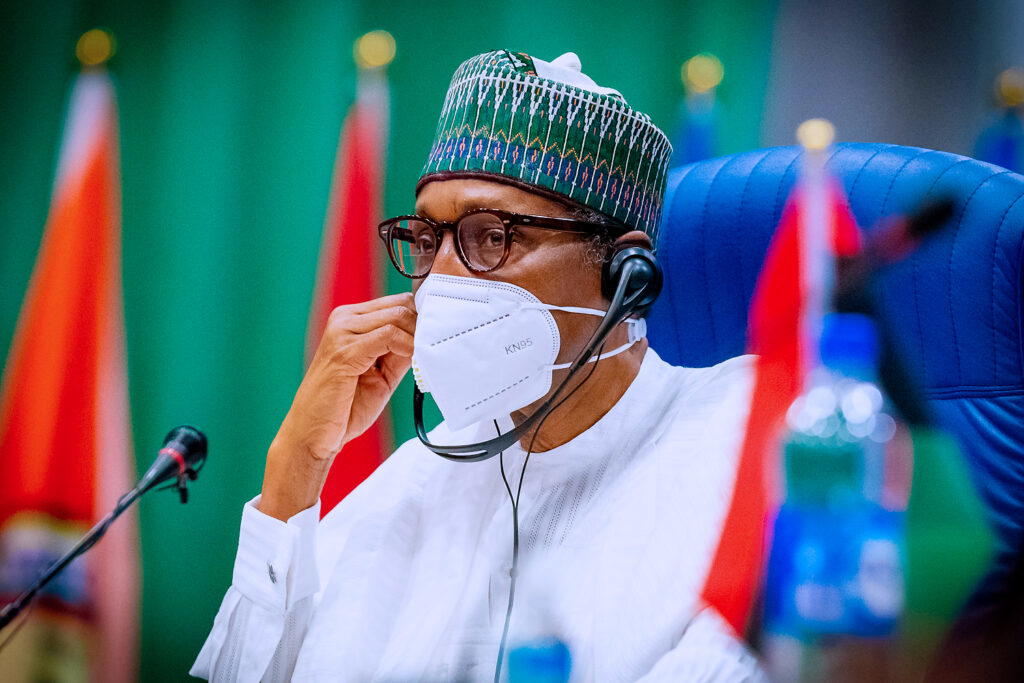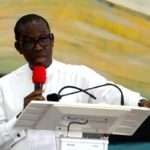|
Getting your Trinity Audio player ready...
|

West Africa’s frontline pro-democracy think tank, the Centre for Democracy and Development (CDD), has released an assessment report on the Buhari administration’s anticorruption programme for the last six years.
The report observes that Nigerians are disappointed with the Buhari administration’s poor response to corruption, recalling that Nigerians overwhelmingly voted for Buhari in 2015 believing that there was substance to his anti-corruption posturing.
As the focus shifts to the fast-approaching 2023 elections, the report notes that it is unlikely that the administration will make any meaningful progress with the fight against corruption.
While acknowledging that the decision to appoint Abdulrasheed Bawa to lead the Economic and Financial Crimes Commission is a great choice given his experience as an investigator, the think-tank which is an organization advocating for transparent and accountable public governance in the West African sub-region said it struggled to find any other achievement in the anti-corruption fight between last year’s report and now.
Chronicling the anti-corruption failures of the current administration, the report highlights Buhari’s tendency to appoint persons with questionable characters to public office.
The report, which was signed by Director, CDD-West Africa, Idayat Hassan also emphasised the tendency to shield the president’s cronies from prosecution.
One area where this was widely reported in the past year was the management of Covid-19 relief funds, which generated complaints of widespread misappropriation. As has become the norm, President Buhari ignored reports that implicated his appointees but was quick to condemn state government officials for diverting supplies.
The report also highlights the unravelling of the security architecture of the country, which CDD believes can be linked to the opaque nature of security spending as currently done.
The think tank notes that this has made responding to insecurity in Nigeria a cash cow for security chiefs.
The report further regrets that President Buhari has done little or nothing to hold corrupt military leaders to account, which emboldens newly appointed security chiefs to perpetuate the tradition of graft.
Noting the shrinking of the civic space, the report highlights how last year’s violent clampdown on the #EndSARS protests against police brutality, the recent ban on Twitter as well as restrictions on certain international humanitarian organisations have made it difficult for the media, civil society groups, and everyday Nigerians to hold this government accountable.
While noting the deliberate clampdown on legitimate civil society groups, the report calls attention to the proliferation of pro-government NGOs across the country since Buhari came to power.
Numbering over 360, these pro-government NGOs undermine the work of legitimate NGOs. The report further notes that the resort to dangerous propaganda has been a hallmark of the Buhari administration.
In addition to these gross executive shortcomings already highlighted, the report notes the obvious ineffectiveness of the legislative arm that has become a rubber-stamp body rather than a collection of independent legislators.
“This weakening of legislative oversight and checks over the executive marks a further decline of democratic institutions.
“As if to confirm this verdict, the National Assembly screened Ms Lauretta Onochie for appointment as an INEC commissioner a couple of days back, in clear violation of the Constitution. Ms Lauretta is an aide to President Buhari and an ardent APC supporter. Many believe she is a card-carrying APC member”, the report said.
The assessment report closes with some recommendations that: The National Assembly should pass legislation outlawing security votes at the three tiers of government; the National Assembly should partner with the Nigerian Law Reform Commission “to harmonise, consolidate, and modernize legislation; Citizens, the media and CSOs should be more involved in gathering information on public sector corruption and petitioning anti-corruption agencies to compel them to act and given the proliferation of state-sponsored NGOs, the media should be cautious on how they place stories about the activities of such groups in their publications and refuse inducement to attend their meetings.
Futhermore; the report urged international partners should prioritize anti-corruption in “their diplomatic engagement, military assistance, and development support to Nigeria; that foreign missions should consider enforcing visa ban on corrupt government officials and those who undermine Nigeria’s democracy and that foreign governments repatriating recovered stolen assets to Nigeria should ensure that commitment to transparency and probity are core conditions for repatriations.




